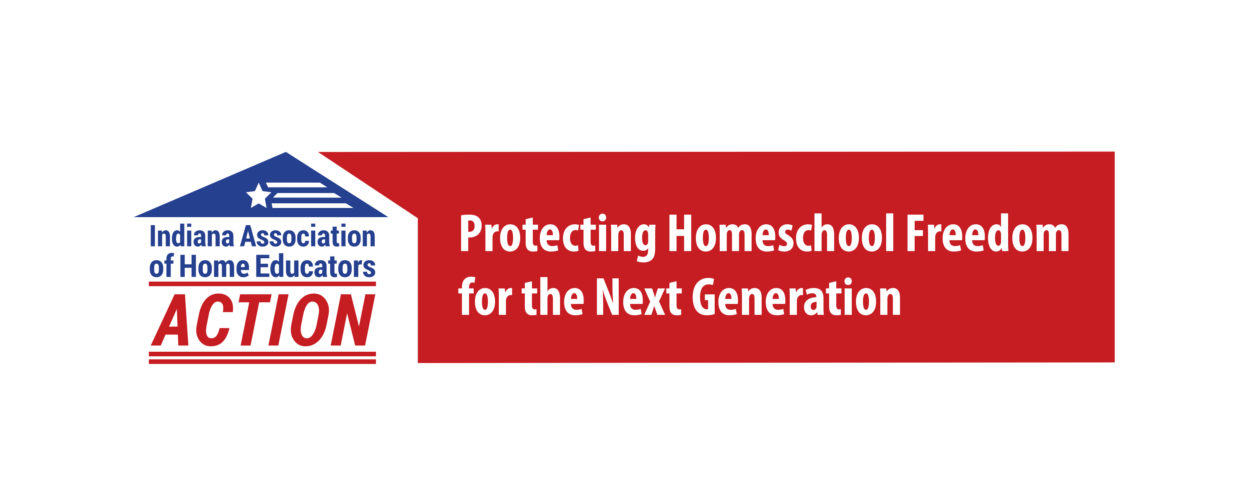This post is our fourth of nine installments. If you would like to read more, here’s our original post and the first, second, and third installments. We will post more after the IAHE Convention on April 29-30, 2016. Support the IAHE Convention to help protect Indiana homeschool freedom. TESTIMONY: Pg. 94. MR. DOUGLAS: “Do we know what percentage…
